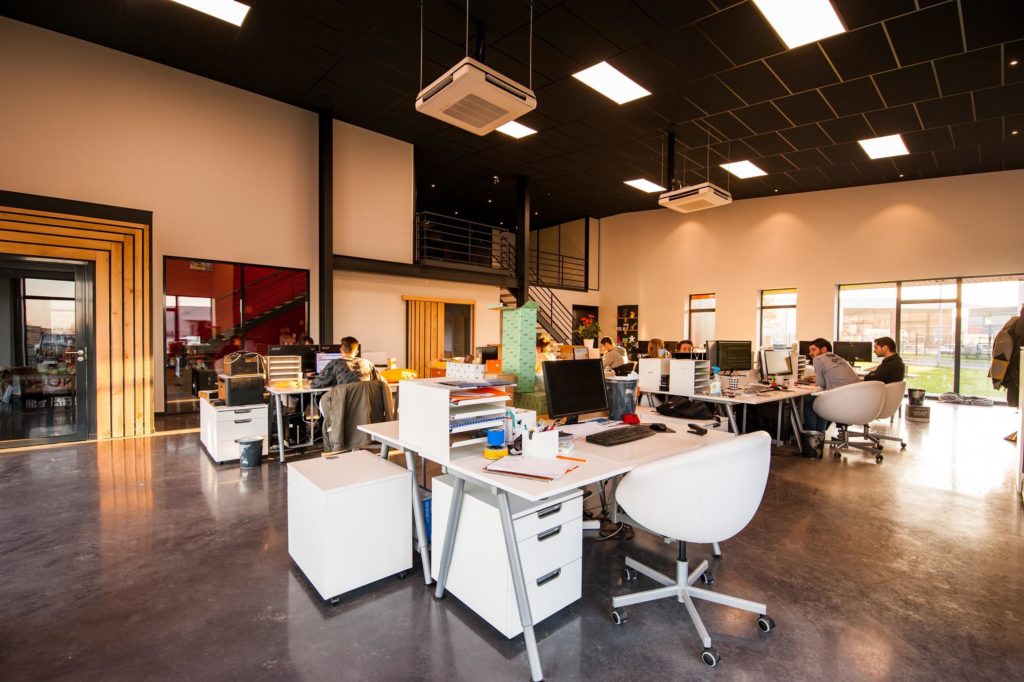A major part of personal and professional success alike is being able to plan effectively for the future, and adjust those plans as appropriate in light of the feedback you receive.
Of course, effective future planning is a delicate art in and of itself, and it’s not necessarily possible to sit down with pen and paper and accurately brainstorm how things should develop in your business over the next five years – nor is it necessarily desirable to try and do so.
Here are a few tips for more effective future planning.
Use appropriate tools and programs to help you more accurately project into the future
These days, there are a huge number of different tools and programs out there which can help you to more accurately and easily project into the future, try out different hypothetical scenarios, and plan over an extended period of time with minimal fuss.
Certainly, you should take advantage of these tools and programs wherever possible so that you can investigate more variables, and try out more potential plans, without having to dedicate exponentially more time and energy to the overall process itself.
Cash flow financial planning software, for example, can help you to test out a variety of different scenarios that your business might face, so that you can work out your financial planning strategy in more nuanced detail.
Maintain a bias for action, and don’t get too caught up in the planning phase in and of itself
This point is clearly somewhat paradoxical, but one of the best ways of honing your ability to plan effectively for the future is actually to not get too caught up in the planning phase of any operation, in and of itself.
While it’s obviously a good idea to work out the key points of your plan, and to make allowances for some of the potential setbacks you can expect to experience, it is also possible to become so caught up in trying to account for every variable in the planning stage, that you become chronically inactive or hesitant as a result.
One key commonality among very successful business figures around the world, is that they have a “bias for action,” meaning that they are constantly doing things and assessing the results in real-time.
The more experience you accumulate, the more accurately and reliably you will be able to plan going forward. So, remain action oriented.
Plan primarily according to your own “systems” and the factors which will be under your direct control
One of the key factors that makes any plan fragile over time, is a high degree of reliance on an ideal set of external circumstances developing in just the manner you desire them to.
Unfortunately, external circumstances are unpredictable and if your plans rely heavily on factors outside of your direct control, you may well be completely sidetracked despite your best intentions.
A better approach in planning is to plan primarily according to your “systems” and the factors which will be under your direct control.
In other words, plan your marketing and focus group strategy in detail, but don’t plan excessively for the downstream consequences which you can’t directly determine.









